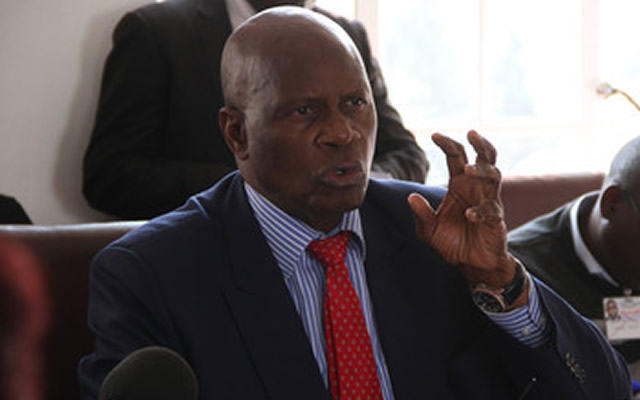Editorial Comment: Speeding up staff rationalisation key

NOW that Government has set up a committee to co-ordinate the reduction of the civil service wage bill, implementation of the programme becomes of paramount importance.
We believe this exercise was long overdue as it had become evident that it was no longer sustainable to have almost the entire Budget consumed by the State wage bill.
This is particularly so given that Finance and Economic Development Minister Patrick Chinamasa presented a $4,2 billion Budget for 2015, little changed from a year earlier due to the scarcity of resources, highlighting the need to create fiscal space for key development programmes.
Civil Service Commission chairman Dr Mariyawanda Nzuwa told The Herald that Minister Chinamasa would chair the committee tasked to do the headcount of civil servants.
Government is facing financial limitations which have constrained its capacity to carry out critical programmes aimed at turning around the economy.
It is understood that Government’s total employees reached nearly 554 000 this year from 315 000 in 2009, meaning about $3,4 billion of the total Budget is going towards wages.
With such a huge wage bill, it would be a waste of time talking about reviving the economy when recurrent expenditure chews up the bulk of Government revenue.
Developmental budgets devote more financial resources towards human capital development, health, infrastructure and other productive or value creating sectors.
While Government has done a lot to improve health and education, more needs to be done. The country’s infrastructure is inadequate, dilapidated and requires huge capital outlay. Capital expenditure has a lasting impact on the economy and helps provide a more efficient, productive economy. A new hospital, for example, will allow more patients to be treated for many years into the future.
Recurrent expenditure, however, doesn’t have such a lasting impact. Once the money is spent, it is gone and the effect on the economy is simply a short-term one.
But it should be noted that Government would need to be diligent in its evaluation of areas with redundant staff or less critical functions to avoid disrupting key areas. Under the International Monetary Fund’s Staff Monitored Programme for Zimbabwe, an important anchor for the country’s macroeconomic policies, reduction of the civil service wage bill is among the targets Government should achieve.
Just like the private sector, Government should be efficient in managing its finances and it is our hope that the new committee will speed up the staff rationalisation process.
Government should respond to the reality prevailing in the economy in light of limited revenue inflows to the fiscus by also reducing expenditure on non-productive activities.
Minister Chinamasa is on record saying Government’s wage bill is embarrassing and not sustainable. Last week, he told local media that Government would take hard decisions to reduce the wage bill in relation to revenue collections.
As such, it is critical that Government aligns the size of its workforce to available resources. It might be a costly and an unpopular exercise but it is the only route that Government must take to address the problem of an unsustainable civil service wage bill.









Comments